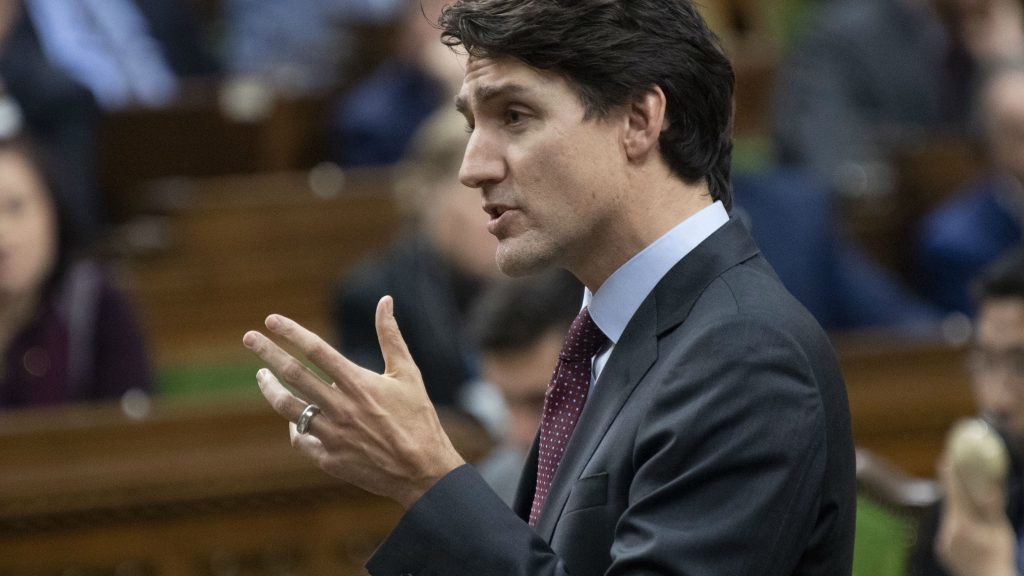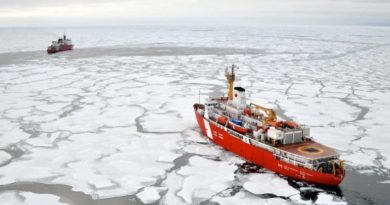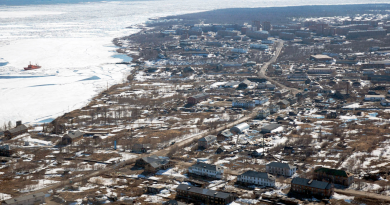Canadian PM stresses relationship with Indigenous peoples in mandate letters to new government ministers

Canadian Prime Minister Justin Trudeau issued his mandate letters to the ministers of his new government on Friday, stressing the importance of Canada’s relationship with Indigenous Peoples.
“There remains no more important relationship to me and to Canada than the one with Indigenous Peoples,” he said.
“We made significant progress in our last mandate on supporting self-determination, improving service delivery and advancing reconciliation. I am directing every single Minister to determine what they can do in their specific portfolio to accelerate and build on the progress we have made with First Nations, Inuit and Métis Peoples.”
Continued work on Inuit-Crown Partnership
In his letter to Minister of Crown-Indigenous Relations Carolyn Bennett, who kept her portfolio from the previous government, Trudeau stressed the importance of continued work on the Inuit-Crown Partnership, including the co-development and implementation of an Inuit Nunangat policy.
Inuit Nunangat is a term used to refer to Canada’s four Inuit regions: the Inuvialuit Settlement Region in Canada’s Northwest Territories; Canada’s eastern Arctic territory of Nunavut; Nunavik in northern Quebec; and Nunatsiavut, in the Atlantic Canadian province of Newfoundland and Labrador.
He also stressed the importance of improving infrastructure in Indigenous communities in letters to new Minister of Indigenous Services Marc Miller and new Minister of Infrastructure and Communities minister Catherine McKenna.
“Supported by the Minister of Infrastructure and Communities, work to co-develop and invest in distinctions-based community infrastructure plans, and move forward with addressing critical needs including housing, all-weather roads, high-speed internet, health facilities, treatment centres and schools in First Nations, Inuit and Métis communities by 2030,” he wrote. “These plans should also include new investments to support the operation and maintenance of this infrastructure.”
Implementation of Arctic policy framework
Trudeau also stressed the importance of implementing the Arctic Policy Framework, realized under his previous mandate, in his letter to the new Minister of Northern Affairs Dan Vandal.
The Arctic policy framework, co-developed with the northern territories and Indigenous groups among other stakeholders, was released just before the October 21 federal election was called.
“Work with the Minister of Foreign Affairs and other Ministers as necessary to implement the Arctic and Northern Policy Framework to create a future where Northern and Arctic people are thriving, strong and safe,” the letter said.
“As Minister of Northern Affairs, you will lead the Government’s work to create more economic opportunity and a higher quality of life in the North of Canada, while also acting in support of our sovereignty and national interest. This includes strengthening the relationship with the Territorial governments and advancing policy and programs that support Northerners.”
No one from Inuit Tapiriit Kanatami, the national Inuit organization in Canada, was immediately available Friday for comment on the ministerial priorities.
Write to Eilís Quinn at eilis.quinn(at)cbc.ca
Related stories from around the North:
Canada: Canada’s new Arctic policy doesn’t stick the landing, Blog by Heather Exner-Pirot
Norway: Political earthquake shakes up Northern Norway, The Independent Barents Observer
Russia: Moscow’s new energy doctrine warns against green shift, The Independent Barents Observer
Sweden: Local councils more interested in climate change preparedness, Radio Sweden
United States: Why are the US lagging behind in the Arctic? Clues emerge at Washington hearing, Alaska Public Media



